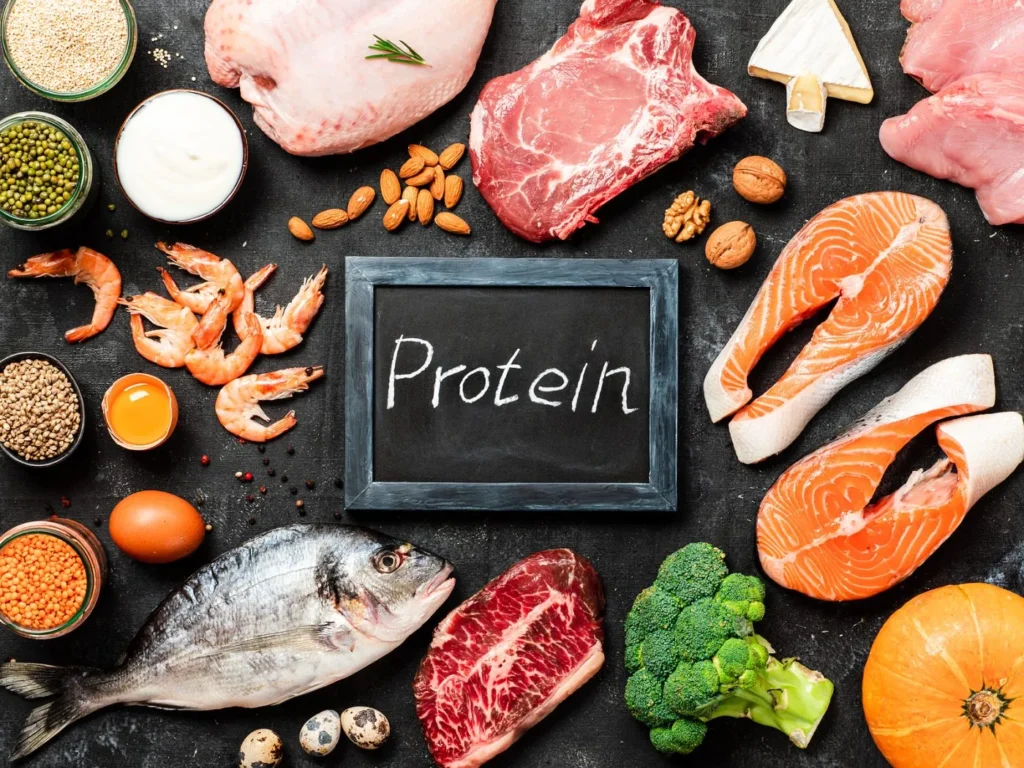
Protein is a fundamental nutrient that plays a vital role in our overall health and well-being. However, there are many misconceptions surrounding protein, leading to common misbeliefs that can often confuse people. It’s important to separate fact from fiction when it comes to protein to make informed dietary choices and optimize our nutrition.
One common misbelief is that we need large amounts of protein to stay healthy. While protein is indeed important, the actual recommended intake is often overestimated. For an inactive adult, it is generally recommended to consume around 0.8 grams of protein for every kilogram of body weight on a daily basis. For example, a person weighing 70 kilograms would require around 56 grams of protein daily. Athletes and individuals with specific health conditions may have slightly higher protein needs, but excessive protein consumption is not necessary for most people.

Another myth surrounding protein is that animal sources are superior to plant-based sources. Animal products such as meat, dairy, and eggs are indeed rich sources of protein, but it is a misconception that they are the only way to meet our protein requirements. Plant-based sources like legumes, nuts, seeds, whole grains, and vegetables can also provide ample amounts of protein. In fact, plant-based proteins often come with the added benefits of fiber, vitamins, minerals, and antioxidants. A well-balanced vegetarian or vegan diet can easily meet protein needs without relying on animal products.
It is also crucial to dispel the belief that protein supplementation is necessary for muscle growth and athletic performance. While protein supplements can be convenient for some individuals, especially athletes with high protein requirements or those with specific dietary restrictions, most people can easily meet their protein needs through whole food sources. A varied diet that includes a combination of protein-rich foods is typically sufficient to support muscle repair and growth.

Furthermore, the notion that excessive protein intake is harmless is not entirely accurate. Consuming excessively high amounts of protein can strain the kidneys and lead to potential health issues, especially in individuals with pre-existing kidney conditions. Additionally, a diet excessively high in animal protein has been associated with an increased risk of certain health problems, such as heart disease and certain types of cancer. Balance and moderation are key when it comes to protein intake.
In conclusion, understanding the truth about protein is crucial for making informed dietary choices. We do require adequate protein for optimal health, but the recommended intake is often lower than commonly believed. Animal products are not the sole source of protein, and plant-based options can provide ample protein with added nutritional benefits. While protein supplements may be beneficial in specific cases, they are not necessary for most individuals. Finally, it is important to maintain a balanced and moderate approach to protein consumption to avoid potential health risks. By dispelling common misbeliefs, we can navigate the world of protein with confidence and make choices that support our overall well-being.

